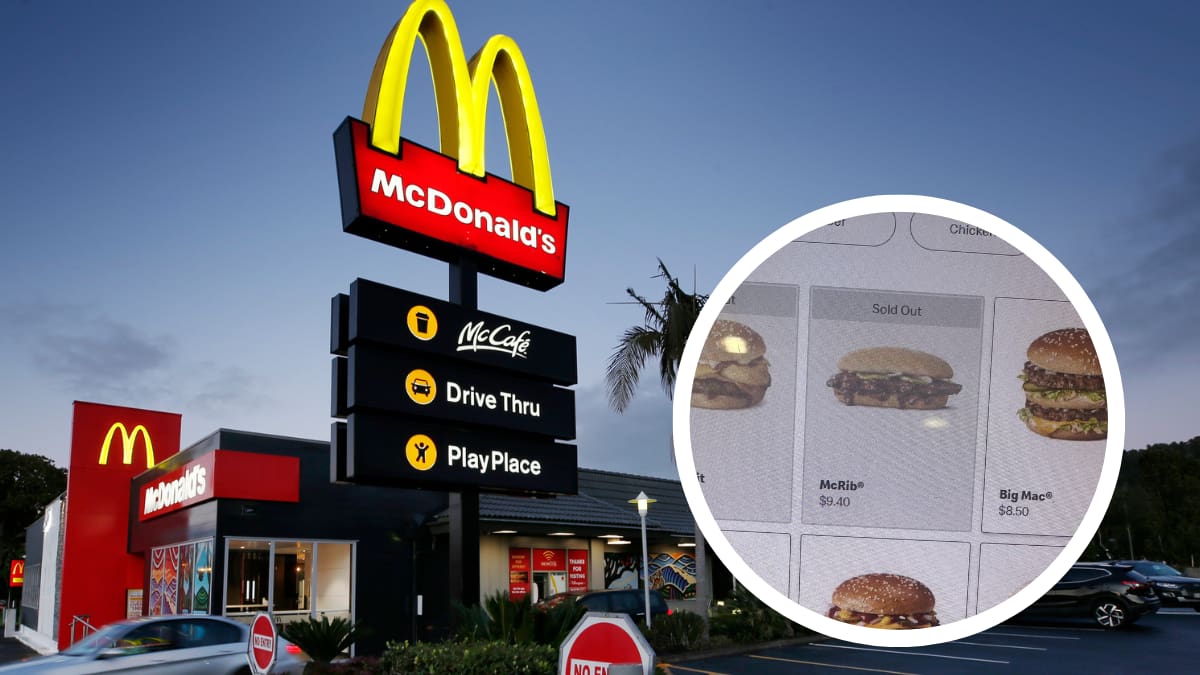“There are immediate effects from taking a month off. People say they feel more alert, they sleep better, they feel happier, more productive. And the evidence seems to be that when they carry on drinking, they drink at a lower level. They learn new strategies, they change their attitude a little, and reset.”
Dr Richard Piper, the chief executive of charity Alcohol Change UK, says: “Physically, a month off alcohol can lead to lower blood pressure, cholesterol, and diabetes risk, as well as lower cancer-related proteins in the blood. It also boosts your immune system and gives you more energy, better sleep, brighter skin, and stronger hair and nails.”
So Sober October or Dry July, if you can stomach it, can only be a good thing. But if a whole month feels like a step too far how do other drinking-lite strategies stack up?
Taking three days off a week
When thinking about the reduced health risks associated with cutting back, it’s helpful to think of drink much like any toxic substance, less is always better. Liver experts often suggest taking three alcohol-free days in a row, to allow our livers to recover, but that’s only really necessary if you’re a heavy drinker.
Dr Stockwell says: “If you’re drinking heavily, you can see beneficial effects of a break on liver function straight away. Also, alcohol is an anxiety-creating drug; after the initial relaxing effect, the anxiety rebound increases with each drink. The reward centres in the brain like alcohol, but the effect is temporary and it leaves you in a worse state than you were in to begin with.”
Drinking one day a week
The cancer risk of drinking is well established, and restricting your intake to a single day a week, for example, will instantly decrease your chances of developing the disease. “Each time you have a drink, there’s a small theoretical risk of DNA not replicating perfectly and a tumour developing because alcohol turns into acetaldehyde, a toxic compound shown to attack human tissue.”

Only drinking at the weekend
If you were to cram a fairly weighty week of pina coladas, old fashioneds, and bordeaux into a hectic Saturday and Sunday, that would be worse than spreading the load. “We know that bunching drinks is bad. If the volume is the same, you’d be worse off because you’d be getting more acute effects,” Dr Stockwell explains. If you think of drink as poison, the less you absorb in one go, the better your chances of dealing with it. But for most people, drinking only at the weekend will mean a reduction in volume. As Dr Stockwell notes, to squeeze a week’s drinking into two days, “you’d have to really work hard at it.”
The more you drink, the bigger the benefit will be if cut back to purely weekend drinking . “The health benefits of reducing your intake by five drinks a week are way more significant for a heavy drinker because there’s an exponential increase in harm as you drink more.” In other words, drinking 10 glasses of wine isn’t 10 times more dangerous than a single glass – the risks shoot up.
Drinking at weddings and funerals only
Unless you have a particularly amorous or vulnerable set of friends, this strategy should drastically reduce your units, and therefore you should see real benefits. However, I find too many occasions present themselves as quasi-special one-offs. A friend I haven’t seen, a birthday, an anniversary, a really hot day, a very cosy winter’s day … so strategies that can be used to tame these strangely frequent one-offs are extremely useful.
Dr Stockwell suggests taking an interest in the strength of your drink. “There was an experiment done on a US campus in the 1990s: they held parties where they either provided 7% strength or 3%beer, and they found the participants drank the same volume regardless.” Reducing the strength of your alcohol can be a way of tricking yourself into drinking less.
“We are conditioned whenever we socialise to feel we can’t function without a drink, but you can benefit from a placebo effect. You can get a little buzz from a non-alcoholic drink, especially if you’re a person who has been enjoying the effects of ethanol previously.”
This is where a heady situation like a wedding can really pay off – the confetti, the covers band, and the fairy lights all combine to make your low-alcohol beer enough to loosen your inhibitions. See you on the dance floor.
Not ready to give up booze completely? Try this instead:
- Think of alcohol as ‘ethanol’ which is basically a poison. The less poison you put in yourself, the healthier you will be.
- There’s still time to jump on the Sober October bandwagon. Even three weeks off will lead to lower blood pressure, cholesterol, and diabetes risk, as well as lower cancer-related proteins in the blood. It also boosts your immune system and gives you more energy, better sleep, brighter skin, and stronger hair and nails.
- Can’t face Sober October? Try taking three days off a week. If you’re drinking heavily, you can see beneficial effects of a break on liver function straight away.
- Become a weekend warrior. Cutting your booze intake down to two days a week will help, unless you binge. If you’re cramming a week’s worth of bordeaux and IPA into just two days you’re better off spreading the load.
- Ready to cut back to one day a week? The lower you go the greater the benefits. The cancer risk of drinking is well established, and restricting your intake to a single day a week will instantly decrease your chances of developing the disease.
- Drink only on special occasions. But beware “special” one-offs have a tendency to multiply, you might want to consider the strength of your ethanol on these occasions.






